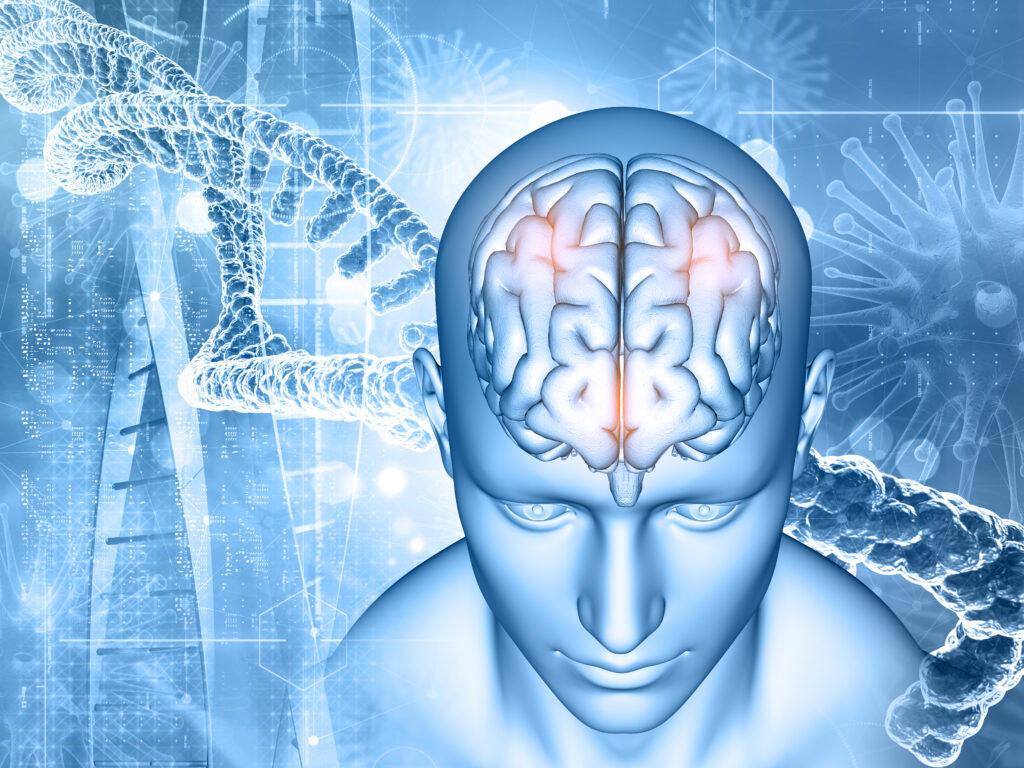
You wake up in the morning and the first thing you do is grab your head, which feels like it’s been through a car crusher. Your head feels swollen, your eyes are sensitive to light, and every time you move it makes you wince in pain. The worst headaches aren’t from stress – they could be from a brain tumor. It may sound scary, but many people have survived brain tumors – but only if caught early enough and by a doctor who knows what he or she is doing.
What to know before seeing a doctor
If you are experiencing persistent and recurring headaches that don’t seem to be going away, you may have come down with something worse than stress. While there are several possible causes, such as allergies or headaches due to stress or lack of sleep, the most common cause is a brain tumor. Here are some red flags: duration (over three months), other symptoms (fever, nausea, and vomiting), recovery is poor and limited by side effects.
What to do if you think you have a brain tumor
If you suspect you have a brain tumor, call your doctor immediately. Talk to your loved ones about how you want them to handle the possibility of something going wrong, such as an emergency phone call or text from your family. If someone can’t be with you at all times, fill out what’s called an Advanced Health Care Directive that specifies who can make decisions for you if the time comes.

How is it diagnosed?
Treatment for brain tumors varies based on the location and size of the tumor, as well as the patient’s age and general health. Treatment may consist of surgical removal or radiosurgery, which means there is no need for open surgery. Radiation therapy to prevent the tumor from growing further is also administered following surgery or radiosurgery.
Who gets it?
Brain tumors are not life-threatening but can be difficult to recover from because they grow in different stages. The most common symptom of a brain tumor is a headache, especially if it’s around the forehead, but there are also other symptoms such as lack of focus, vomiting, and tremors. Many people who experience headaches think that they are just stressed or due to fatigue and duration of their pain for long periods with self-treatment before seeking professional help.
Tips on how to deal with your diagnosis
It’s important to be patient with your recovery. You might need to relearn how to live life after diagnosis, and there will be plenty of times when you may question the path that got you there. Find your support system, so that you can help them through their experience, and hopefully, they’ll offer the same in return.

Hello, I’m Salman Khayam, the creator and voice behind this platform. As someone passionate about offering practical knowledge, I’ve built this blog to provide you with well-crafted content on a wide range of subjects. Whether it’s improving your well-being, staying fit, learning about nutrition, or enhancing your daily lifestyle, I’m here to share expert tips and thoughtful advice to help you grow and thrive in all areas of life.
